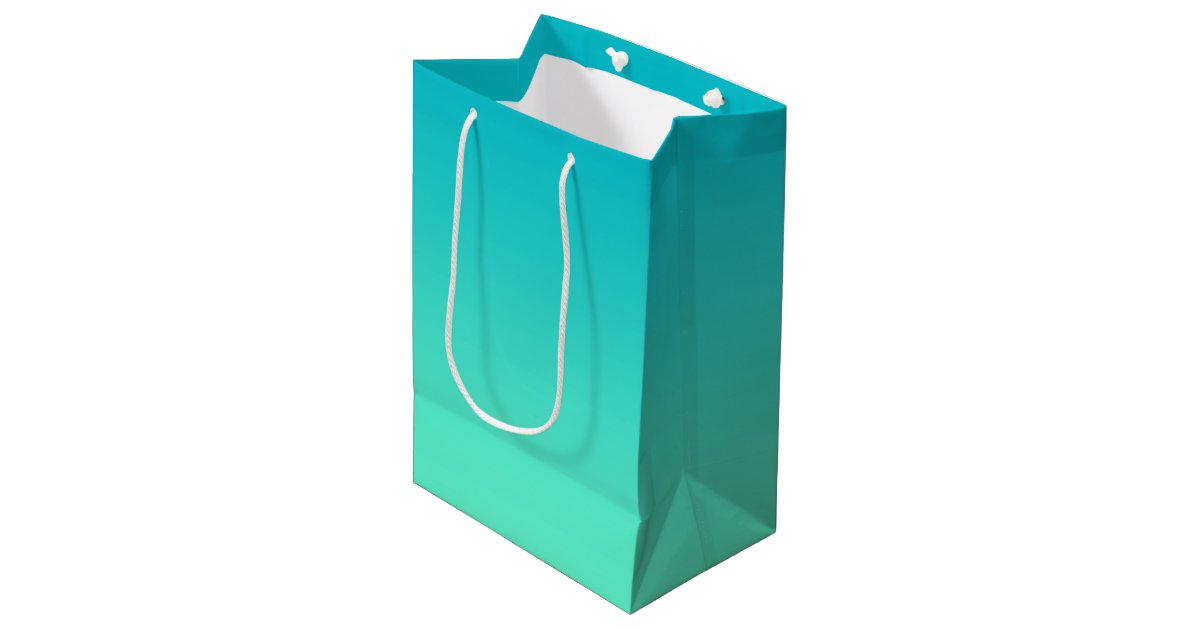


Explore the latest trends in food bags across the USA in 2025. Learn about types, uses, eco-friendly options, and smart tips to choose the best food
In today’s fast-moving world, where grabbing lunch on the go or storing leftovers is part of daily life, food bags have quietly become one of the most essential household items. They’re not flashy, but they do a ton of work behind the scenes — keeping our snacks fresh, storing ingredients neatly, and even making meal prepping less of a chore.
In 2025, the food bag scene in the USA has shifted quite a bit. With growing awareness about plastic waste and eco-friendly living, people are rethinking how they store their food. Whether you’re packing school lunches, freezing berries for smoothies, or running a small food business, understanding the types of food bags out there can make a big difference.
Let’s walk through the world of food bags in a way that’s clear, simple, and actually helpful — no jargon, just everyday facts.
You’d be surprised how many types of food bags are available in the U.S. right now. There’s something for every use, every lifestyle, and every budget.
Here are the most common types of food bags you’ll come across:
Resealable Plastic Bags: These are the classic zip-top bags most of us grew up with. Great for everything from sandwiches to sliced fruit.
Freezer Bags: Thicker and tougher than regular plastic bags, these keep food safe from freezer burn.
Compostable Bags: Made from plant-based materials. They break down over time and are great if you’re aiming for zero waste.
Silicone Reusable Bags: These are a big hit in 2025. They’re dishwasher-safe, microwave-friendly, and can last for years.
Paper Bags (With or Without Liners): These are making a comeback, especially in eco-conscious households and stores. Some are even grease-resistant.
Here’s a simple table to help you compare some of the most popular options available in the USA this year:
| Type of Food Bag | Reusable? | Eco-Friendly? | Good For | Price Range |
|---|---|---|---|---|
| Plastic Zip Bags | No | Not really | Lunches, snacks | Low |
| Freezer Bags | No | Not really | Meat, leftovers | Low–Medium |
| Silicone Bags | Yes | Yes | Reheating, freezing | Medium–High |
| Compostable Bags | Sometimes | Yes | Light snacks, dry food | Medium |
| Paper Food Bags | Sometimes | Yes | Baked goods, dry food | Low–Medium |
As you can see, there’s no one-size-fits-all answer. It depends on how often you use them, what you’re storing, and whether sustainability is a priority for you.
This year, the food bag market in the U.S. has seen a few interesting shifts:
1. Reusable is the new normal
More people are swapping out single-use plastic for long-lasting alternatives. Silicone and fabric-lined bags are showing up in grocery stores, online shops, and even big chain retailers.
2. Branding for small businesses
If you own a bakery, sell homemade snacks, or run a food truck, custom food bags are now a thing. Small businesses are getting creative with printed bags that match their brand while also keeping things eco-friendly.
3. Smart packaging
Yep, even food bags are getting smarter. Some brands are adding QR codes or freshness indicators to show when food might be going bad. It’s not widespread yet, but it’s definitely on the rise.
4. Composting matters
With more cities and towns offering compost pickup, people are looking for bags that fit in with that system. Compostable food bags that break down naturally are way more available and affordable now than they were a few years ago.
Choosing the right food bag might sound like a small thing — but it can actually save you time, money, and a bit of sanity.
Ever had a bag leak in your lunchbox? The right seal fixes that.
Tired of tossing out spoiled leftovers? Freezer-safe bags can help food last longer.
Trying to reduce waste? Reusable bags are your new best friend.
At first glance, food bags seem like a tiny part of life. But when you really look at how much we rely on them, they start to seem pretty important. In the USA in 2025, the options are wide open — whether you’re all about convenience, health, sustainability, or saving a few bucks.
So the next time you reach for a baggie, think about what it’s made of, how long it’ll last, and whether there might be
And hey, if you find a bag you love, don’t be shy to tell your friends. Good food deserves a good home, even if it’s just a little bag.
